(Fatherland) - On the morning of November 9, within the framework of the 7th Hanoi International Film Festival (HANIFF VII), a workshop on developing film production exploiting historical themes and adapted from literary works took place. Deputy Minister of Culture, Sports and Tourism Ta Quang Dong, Head of the Steering Committee of HANIFF VII attended the workshop.
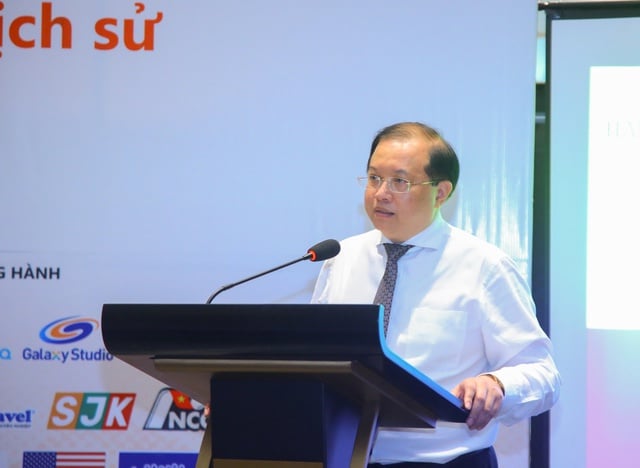
Deputy Minister Ta Quang Dong speaks at the Workshop
Speaking at the workshop, Deputy Minister of Culture, Sports and Tourism, Head of the Steering Committee of HANIFF VII Ta Quang Dong said: The workshop "Developing the production of historical films and adapting literary works" discussed issues arising when adapting literary works to cinema; appropriate perceptions when making films exploiting historical themes, for official history, legends and unofficial histories; issues of elevating and developing films on historical themes and adaptations from literary works, international experience.
According to the Deputy Minister, the 2022 Cinema Law with many open regulations aims to develop the cinema market in the fields of film production, distribution and dissemination. The regulation on expanding film topics and genres and implementing the order for film production using the state budget (without bidding) creates favorable conditions for the creation of cinematographic works to meet the requirements of performing the political tasks of the Party and State, promoting national traditions, the image of the country, people and cultural identity of Vietnam; arousing the creative potential of artists and film production enterprises to produce Vietnamese films that are humane, creative, advanced, and imbued with national identity; contributing to building a civilized, modern, and masterful personality of the country; contributing to meeting the people's increasing demand for enjoying cinematic works of art. At the same time, it contributes to creating equality and fairness among film production enterprises, ensuring the copyright of creative components in film production; create favorable conditions for the film industry to carry out its tasks of promoting historical traditions, the image of the country, people and cultural identity of Vietnam to the world, and strengthening international integration in the field of cinema.
The Deputy Minister commented: The creative trend of international and Vietnamese cinema, it can be seen that, "Not only Vietnamese cinema, but also world cinema always considers literary works as a "fertile land" to exploit. A statistic shows that for every five cinema works, one film is adapted from a literary work.
In Vietnam, the number of feature films produced per year is 40, at an average level, but the potential for developing film production is very rich. Films adapted from literary works can be mentioned as: Chi Tu Hau (from the short story A story copied in the hospital by Bui Duc Ai); Con chim vong luong (from the short story Chua chuyen mot bai ca ); Me vat nha (from the short story of the same name by Nguyen Thi); Ben khong chong (from the work of writer Duong Huong); Trang noi day boi (from the literary work by Tran Thuy Mai), Me Thao - thoi vang bong ( from the story Chua Dan by Nguyen Tuan), or Dung dot ( based on the diary of martyr Dang Thuy Tram)... The above works are examples of successful adaptations from literary works, demonstrating creativity in the conversion from literature to cinematic language.
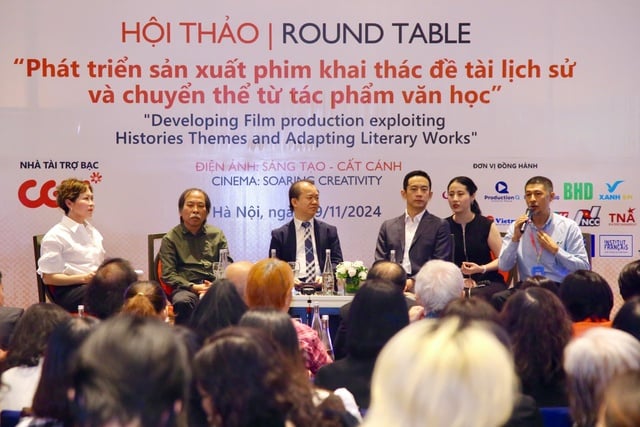
Speakers sharing at the Workshop
Regarding historical themes, Vietnamese revolutionary cinema has left behind works such as: August Star; Hanoi in winter of 1946; Parallel 17 days and nights , Nguyen Ai Quoc in Hong Kong ... or contemporary cinema also has many successful works such as Long Thanh Cam Gia Ca; Those who write legends; The smell of burnt grass; Dao pho and piano...
According to the Deputy Minister, the lack of good historical films in Vietnamese cinema is also the reason why many Vietnamese people today, especially the young, look for foreign historical films (including historical and costume films) rather than Vietnamese historical films. In fact, it is the elaborate and attractive films made from historical materials of famous world cinema that attract and stimulate viewers to be interested in and learn about the history of these countries.
"I hope that, through the workshop, the exchanged contents will be useful experiences for domestic and international filmmakers attending the 7th Hanoi International Film Festival. From there, it will help the Vietnamese cinema industry gain new awareness and experiences from cinemas of other countries in making films on historical themes and adapting from literary works, contributing to the development of the film industry to become a spearhead in the development of the cultural industry in Vietnam" - Deputy Minister Ta Quang Dong shared.
The workshop was divided into two discussion sessions with two topics: Making historical films and adapting them from literary works, challenges and opportunities; Experiences of cinema in other countries and policy solutions to develop films with this theme.
At the Workshop, filmmakers and directors shared the challenges for those who make historical films, adapted from literary works, such as how to make audiences understand that historical films are different from documentaries, not comparing them to literary scripts, and the right to create some details to make the film more attractive.
The director and producer also shared the difficulties in investing in historical films, which are both costly and risky, which is the reason why historical films are absent in Vietnamese cinema.
Filmmakers and directors also expressed their hope for support policies from the State so that films on historical themes and films adapted from literary works have the opportunity to develop. Accordingly, the planned increase in VAT on cultural and sports products is one of the obstacles to the development of cinema./.
Source: https://toquoc.vn/vi-sao-viet-nam-con-thieu-tac-pham-dien-anh-hay-ve-de-tai-lich-su-20241109150429719.htm




![[Photo] Prime Minister Pham Minh Chinh chairs conference to promote public investment growth momentum](https://vphoto.vietnam.vn/thumb/1200x675/vietnam/resource/IMAGE/2025/5/20/7d1fac1aef9d4002a09ee8fa7e0fc5c5)





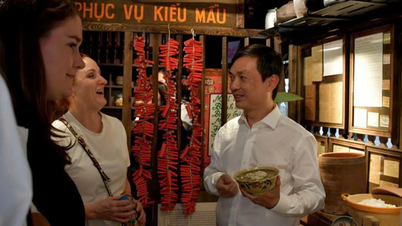



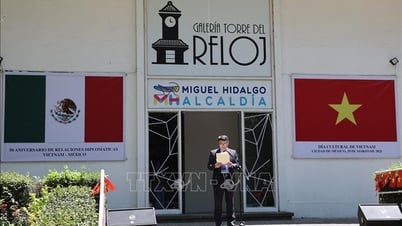


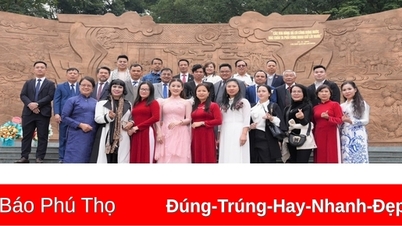
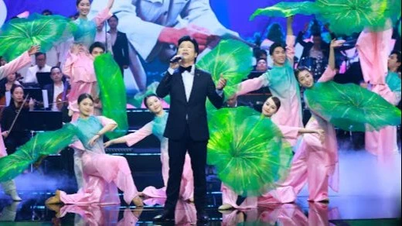

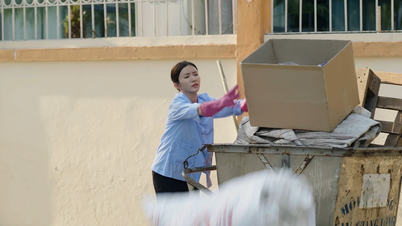

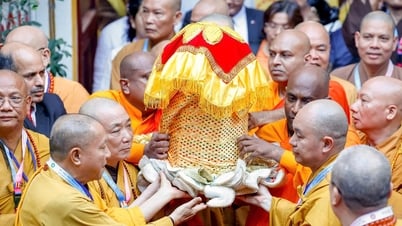

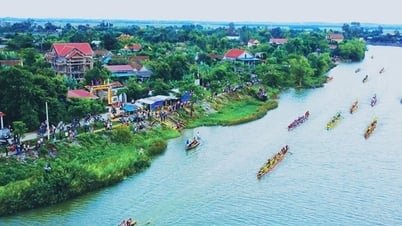








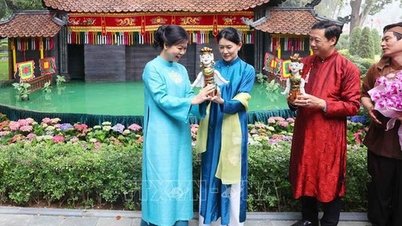
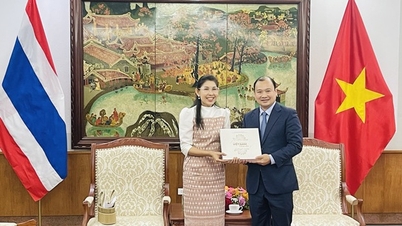
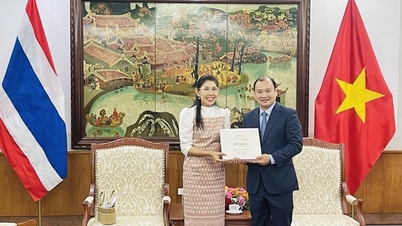

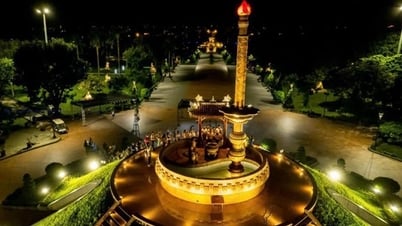
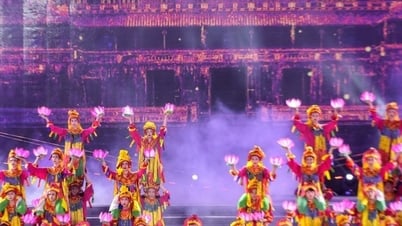



















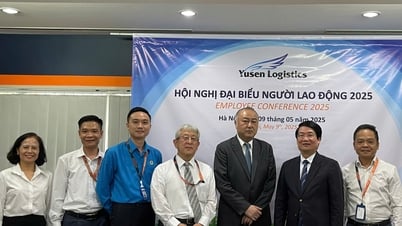






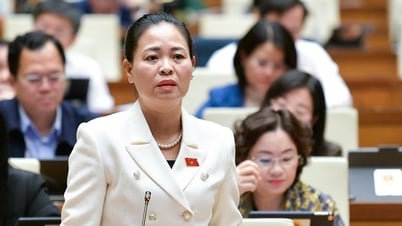

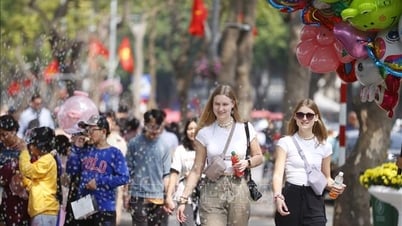
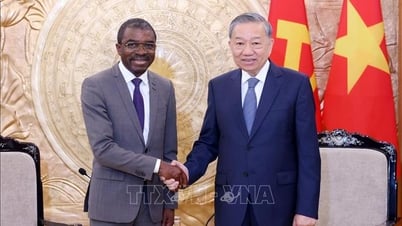

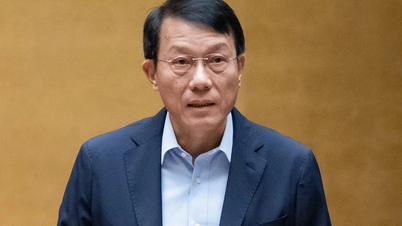

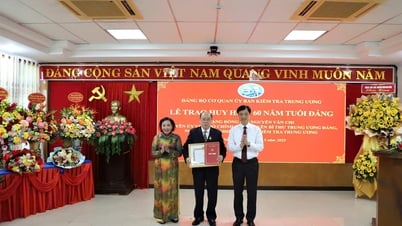

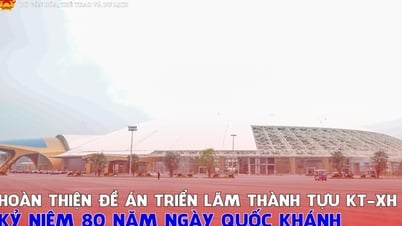

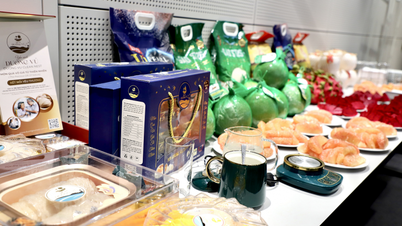

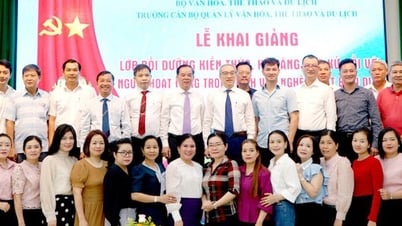

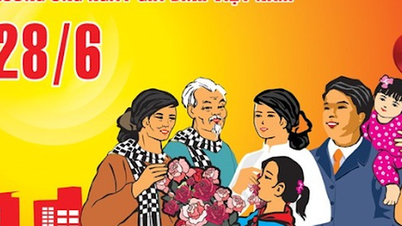
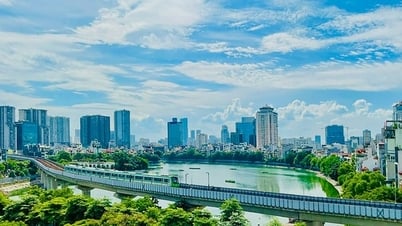

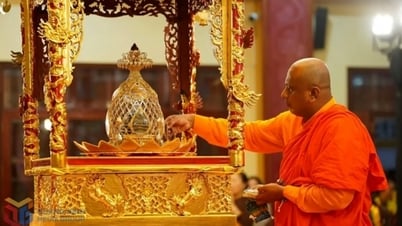
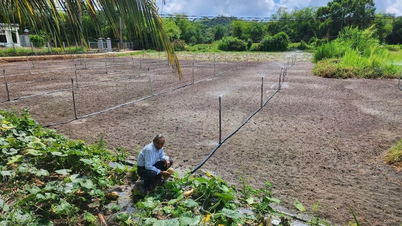

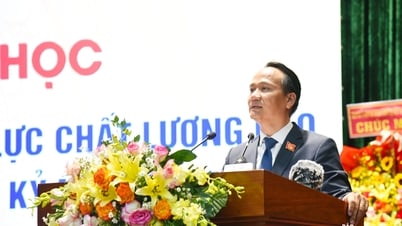

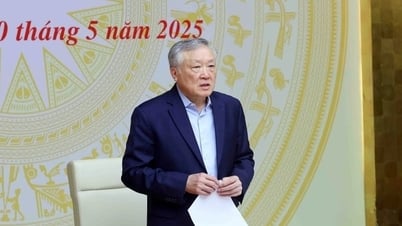

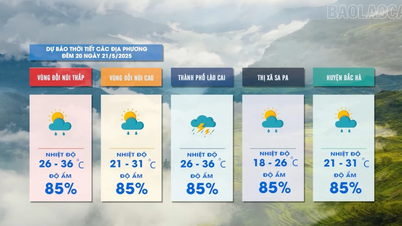













Comment (0)